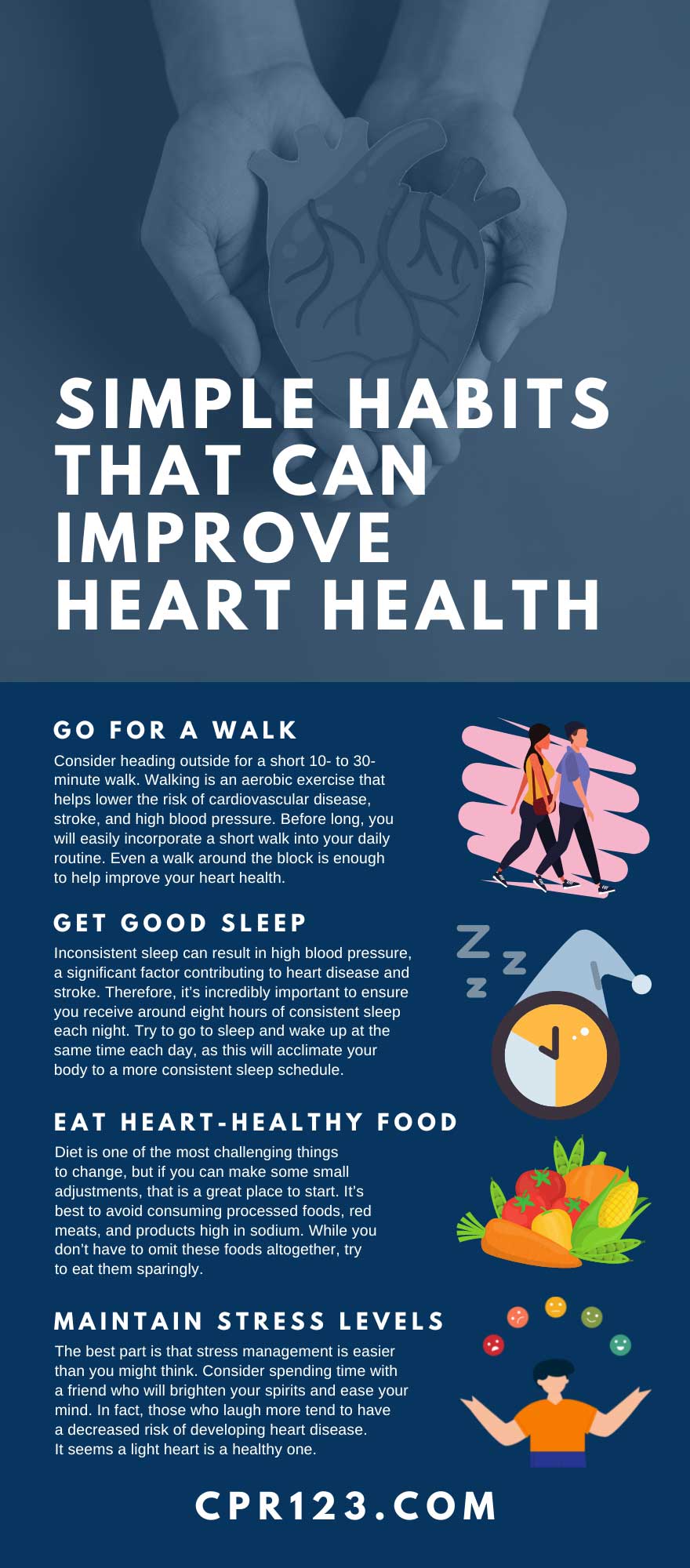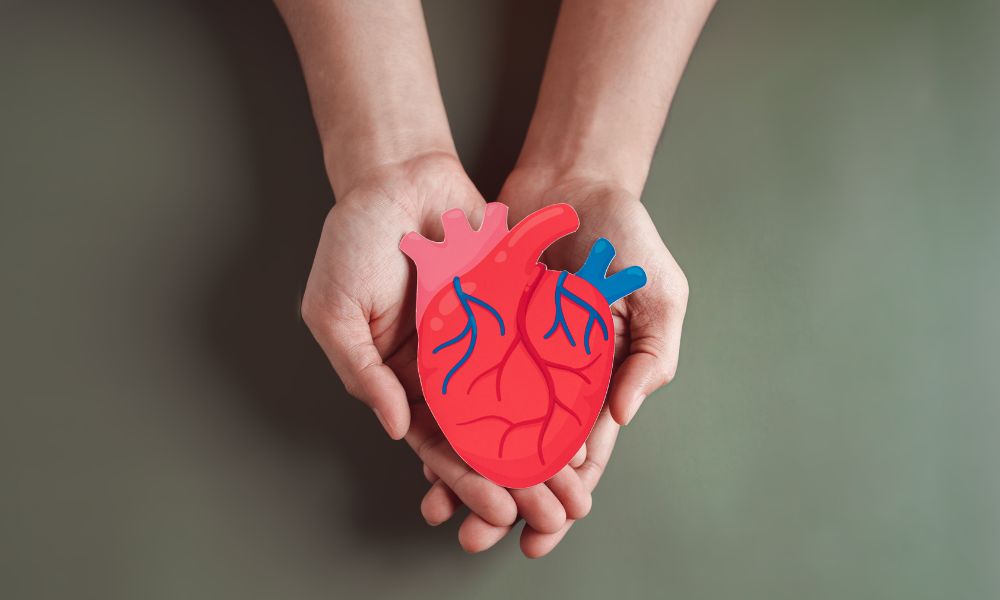When we think of the muscles in our bodies, we tend to think of our abdominals, biceps, and quadriceps. The most important muscle in our body doesn’t come to mind—the heart. Yes, it’s hard to imagine, but the heart is a muscle that also requires attention, care, and consistency to keep it in the best shape. For that reason, you’ll want to know some simple habits that can improve your heart health.
Leading Cause of Death
Many of us have heard of the frightening statistic that the leading cause of death worldwide is heart disease. That statistic may come as a shock for some, but it’s unfortunately true. Nearly three million people in the United States suffer from this incurable condition, and the number increases on a global scale. But why is this condition so fatal? What are the measures you can take to prevent it?
Ischemic Heart Disease
You might wonder what’s going on internally in the heart of someone suffering from ischemic heart disease. Heart disease and heart problems occur when the coronary arteries begin to narrow, usually resulting from plaque buildup. When these arteries narrow, the blood and oxygen flow to and from the heart are in jeopardy.
Your body requires a consistent and steady blood and oxygen flow to keep your organs functioning properly. Your heart is the epicenter of your blood and is responsible for ensuring every part of your body, from your head to your toes, receives enough to function. When your arteries build up with plaque, your heart isn’t as able to do its job. That can result in damage to your organs, a variety of uncomfortable symptoms, and even death.
Plaque Buildup
There are a variety of factors that contribute to the buildup of plaque in the arteries. Some of these factors relate to family history. Thankfully, other factors contribute to this condition that you can control and change. These factors include aspects like lifestyle, stress, and anxiety. That’s why we have provided this guide to simple habits that help improve your heart health.
At CPR123, we seek to put the power back in your hands in any way we can by providing you with tips to improve your health and knowledge that could help you save a life. That’s why we also provide AHA Heartsaver certifications with passionate instructors who are ready to teach you everything you need to know about CPR and AED.
Lifestyle Changes
As we touched on earlier, your heart is a muscle that also requires attention, dedication, and care to keep it in shape. That involves lifestyle changes in diet, exercise, and stress management. The risk of heart disease falls considerably in those who maintain healthy lifestyle choices.
Go for a Walk
For many of us, the idea of heading to the gym for a workout can seem grueling—it’s the last thing we want to do after a long day. Staying active can greatly prolong heart health. Thankfully, getting active doesn’t mean you have to trudge to the gym to get a workout in.
Instead, consider heading outside for a short 10- to 30-minute walk. Walking is an aerobic exercise that helps lower the risk of cardiovascular disease, stroke, and high blood pressure. Before long, you will easily incorporate a short walk into your daily routine. Even a walk around the block is enough to help improve your heart health.
Get Good Sleep
You have likely heard how beneficial sleep is to your overall health. The truth is that getting good sleep benefits your heart health too. When you sleep, your blood pressure naturally decreases. However, if you find yourself in and out of sleep throughout the night, your body doesn’t have enough time to decrease your blood pressure naturally.
Inconsistent sleep can result in high blood pressure, a significant factor contributing to heart disease and stroke. Therefore, it’s incredibly important to ensure you receive around eight hours of consistent sleep each night. Try to go to sleep and wake up at the same time each day, as this will acclimate your body to a more consistent sleep schedule.
Eat Heart-Healthy Food
Diet is one of the most challenging things to change, but if you can make some small adjustments, that is a great place to start. It’s best to avoid consuming processed foods, red meats, and products high in sodium. While you don’t have to omit these foods altogether, try to eat them sparingly.
Moreover, you might consider incorporating heart-healthy foods into your diet as well. Try to add more veggies, fruits, whole grains, and white meats to your diet. If this seems like it would be a struggle for you, consider making Mediterranean or anti-inflammatory dishes. These dishes tend to contain heart-healthy foods like salmon, garlic, green leafy vegetables, and berries.
Maintain Stress Levels
You have likely felt it before. You experience a stressful event, and suddenly you can feel your heart beating faster. That’s because stress is a key contributor to heightened blood pressure. While we can’t avoid stressors in life, we can take measures to help us deal with them.
The best part is that stress management is easier than you might think. Consider spending time with a friend who will brighten your spirits and ease your mind. In fact, those who laugh more tend to have a decreased risk of developing heart disease. It seems a light heart is a healthy one.
Find Your Relief
Spending time with a friend is always a good idea, but it’s also beneficial to find other things in your life that bring you relief. That could be a hobby you enjoy doing in your free time, like puzzles, hiking, or reading. You might even consider journaling or meditation as a way to cope with strong emotions and release them in a healthy manner. It can be a challenge trying to find more things that bring you relief, but the sooner you start, the sooner you’ll find them. That way, when a stressful life event arises, you have a couple of things to turn to that will help calm you down.








